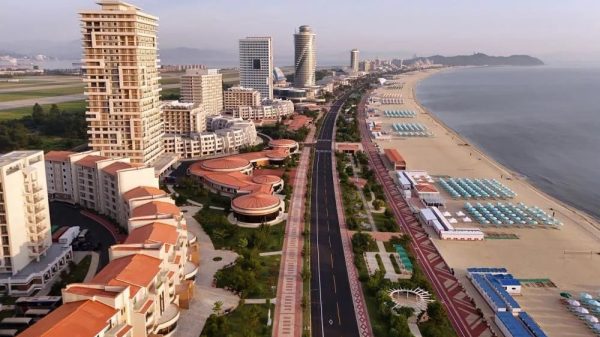Awami League’s Future: Brigadier General (retd.) Sakhawat Hossain Soundly Advises Party Reformation

- Update Time : Tuesday, August 13, 2024

Swadesh Roy
In recent days, the actions of the Awami League in Gopalganj have caused deep concern among the country’s conscious citizens. The bloodshed that erupted on July 18 is unacceptable to anyone. Even someone like me wrote three articles up until the final days of the previous government, urging the nation to turn away from such violence. The country’s lack of a government after the previous administration’s fall only heightened this anxiety, and the situation in Gopalganj further intensified these fears immediately after the new government was formed.
For over two years, I have consistently argued that the Awami League, as an organization, was on a path to self-destruction. Leaders and representatives across the country had not only become disconnected from the people but had also turned into oppressive figures. Most disturbingly, the leaders of Bangladesh’s oldest political party were alienating dedicated workers, supporters, and intellectuals who were with the party, effectively confining the party to a narrow circle. However, this is not unique to the Awami League; it is a common trait among all political parties in Bangladesh. While in opposition, they may behave somewhat differently, but once in power, they all exhibit the same patterns. Furthermore, no matter how they lose power, they rarely engage in self-reflection or research to understand their mistakes. Instead, they prefer to blame others.
At this critical juncture, if the Awami League fails to reflect on and understand the reasons for its fall from power, it will be making a grave mistake. The party needs to assess what kind of organization it was and how it transformed by the time it lost power. A single example suffices for this evaluation: In 1972, Bangabandhu Sheikh Mujibur Rahman declared, “The history of Chhatra League is the history of Bengalis.” The Bengali nation has a history spanning at least 2,500 years, possibly even 6,000 to 7,000 years. This vast history cannot be reduced to that of an organization merely 25 to 30 years old. However, it is undeniable that the role of the Chatra League in the creation of Bangladesh in 1971 was unparalleled. Yet, before the fall of the Awami League government this time, we witnessed the Chhatra League publicly attacking women.
In any country, the humiliation of Draupadi inevitably leads to Kurukshetra—whether it occurs 14 years later or 14 days later. The bloodshed from Kurukshetra has not yet dried up in this country. In such circumstances, the responsibility of true Awami League leaders and workers as members of the country’s oldest and largest political party is even greater. If they push the country toward even a single drop of bloodshed, it will be a monumental error. Moreover, the Awami League must remember that it is not a revolutionary party. The liberation war was led by a government formed by elected representatives, not by a revolutionary government.
Brigadier General (retd.) Sakhawat Hossain, speaking not only as a government advisor but also as a senior citizen, has reminded the Awami League of this essential truth. The Awami League has made significant contributions to this country and is a national asset. The home affairs adviser urged the party not to tarnish the history of the 1952 Language Movement or the 1969 mass uprising. Instead, he advised the party to reorganize itself systematically and avoid destructive counter-revolutionary actions. He further stated that the party must be restructured and prepare for the next election in a timely manner, seeking the people’s mandate. This process will take time, but such time is necessary.
In reality, not just for the Awami League but for the stability of the country, the future of the nation, and the pursuit of a healthy political environment, the Awami League must take this time. Pushing the country toward chaos is not the right course of action; it would only place the country and its people in greater peril. When a fire breaks out in a community, even temples do not remain unscathed. Therefore, in the truest sense, the correct policy is to extinguish as many fires as possible. Fires do flare up within the state and society from time to time. The role of politics is to help extinguish these fires, not to ignite them.
For this reason, the reckless path observed in Gopalganj at present is neither beneficial for the country nor for the Awami League. The Awami League must remember that even with antiseptics, wounds take time to heal. The party now needs to take time to rebuild its organization in a healthy and stable manner. At the same time, it must also embrace the politics of a new and evolving world. It is crucial to understand that what seems like a long time for an individual is very short for a nation because a nation’s course spans thousands of years. Any political party must keep this long-term perspective in mind. Above all, the reckless path always drags an era of darkness.
The writer is a state-award-winning journalist and editor of Sarakhon and The Present World.









Leave a Reply